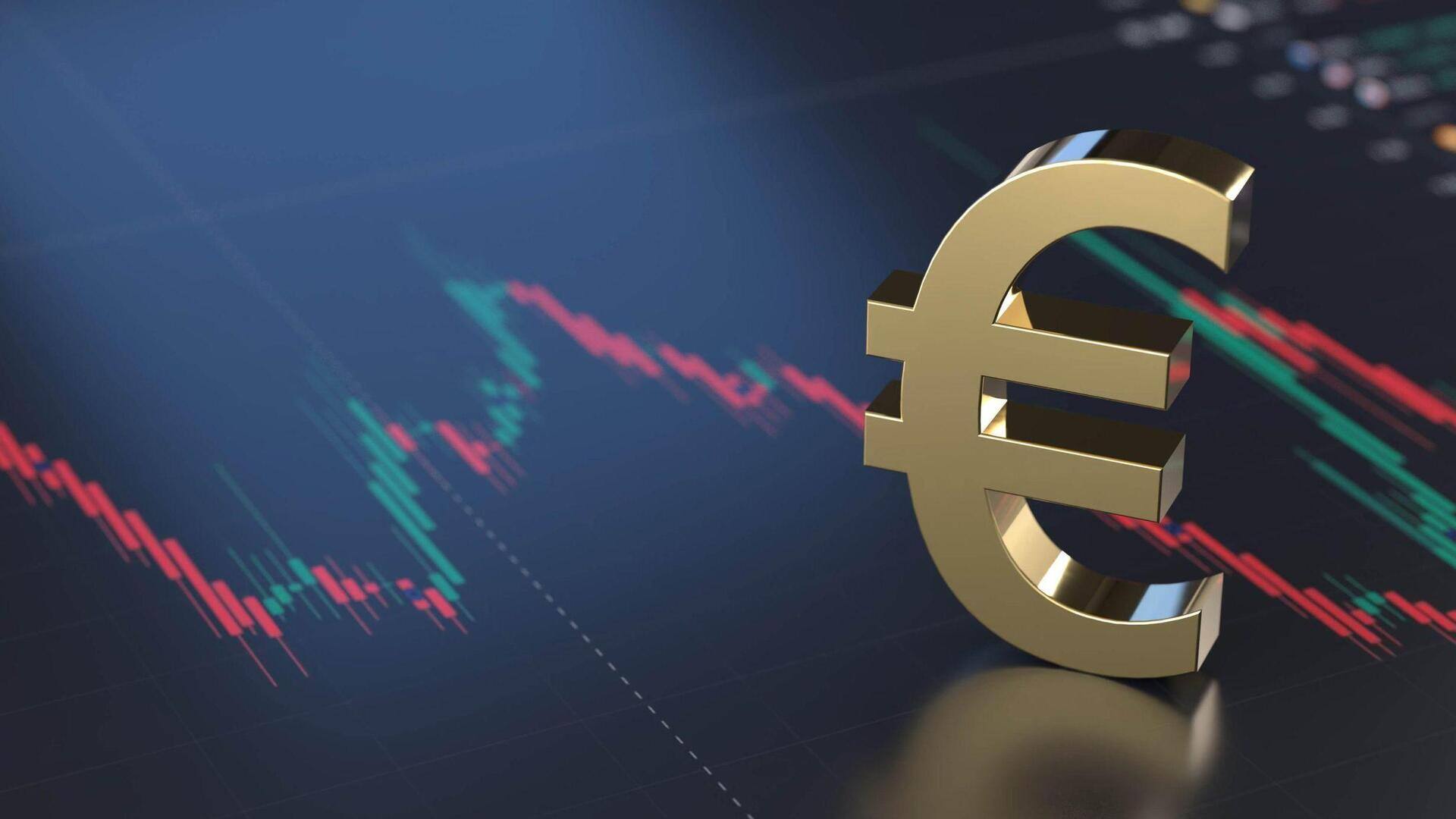
Eurozone inflation declines to lowest in 2 years
What's the story
In September, inflation in the Eurozone dropped to its lowest in two years. This decrease indicates that the European Central Bank's (ECB) gradual increase in interest rates has been successful in controlling high prices, although it has come at the expense of economic growth. Eurostat's flash reading revealed that consumer prices in the 20 countries using the euro rose by 4.3%, a decrease from August's 5.2%. This is the slowest growth since October 2021, suggesting that inflationary pressures are subsiding.
Details
Underlying inflation trends and ECB's stance
Excluding food, energy, alcohol, and tobacco, the inflation rate fell from 5.3% to 4.5%, marking the biggest decline since August 2020. The data supports the ECB's belief that its interest rate hikes are sufficient to reach its 2% inflation target by 2025, following a spike in 2021. Diego Iscaro, Head of European Economics at S&P Global Market Intelligence, mentioned that base effects contributed to the significant decline in inflation, and core inflationary pressures are easing.
What Next?
Impact on economic growth and recession concerns
The ECB's aggressive efforts to raise interest rates have noticeably affected economic growth, raising concerns of a potential recession in the Eurozone. In August, German retail sales declined, and unemployment increased in September, suggesting that the largest economy in the region could be heading for its second recession this year. Despite these concerns, the ECB still expects an economic recovery in 2023, in part because as inflation goes down, real wages are expected to rise.
Insights
External factors and investment resilience
The ECB's economic forecast depends on external factors, such as China's decelerating economy not worsening and investment staying strong. Economist Dirk Schumacher from Natixis pointed out that the rapid increase in interest rates is unprecedented, and using old models might not be reliable. As the Eurozone deals with these challenges, the ECB's approach to interest rates and inflation will continue to be a crucial factor in shaping the region's economic future.